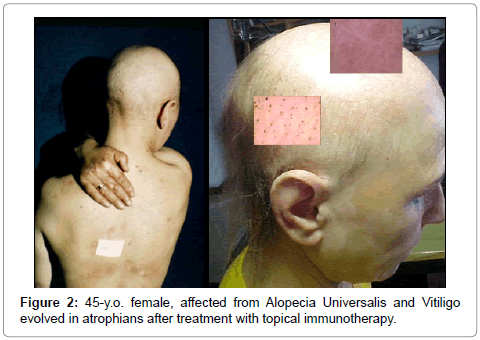

Skin diseases such as alopecia areata and vitiligo, a condition in which there is patchy loss of pigment in the skin (leading to white spots), can be disfiguring and severely impact life for those who suffer from them (and their family members).

Again, patients came for treatment and, again, every single one was denied by insurance. He wrote prescription after prescription after prescription.Įvery single one was denied by insurance.Ī year later, King published a report showing successful treatment of a patient with severe vitiligo, again with tofacitinib. Patients from all over the US and the world reached out to King seeking help, and only weeks later they were traveling to see him.

Other patients in Rhodes’ shoes, who until then had essentially zero options, rejoiced that for the first time, their condition might be treatable. Once bare from head to toe, the young man finally had a full head of hair, eyebrows, and eyelashes, as well as facial and armpit hair. Using tofacitinib citrate, an FDA-approved drug for rheumatoid arthritis, Brett King, MD, PhD, associate professor of dermatology, gave Kyle Rhodes, a 25 year old struggling with severe alopecia areata, his hair back. In June 2014, the publication of a new paper stirred enormous excitement around the world.


 0 kommentar(er)
0 kommentar(er)
